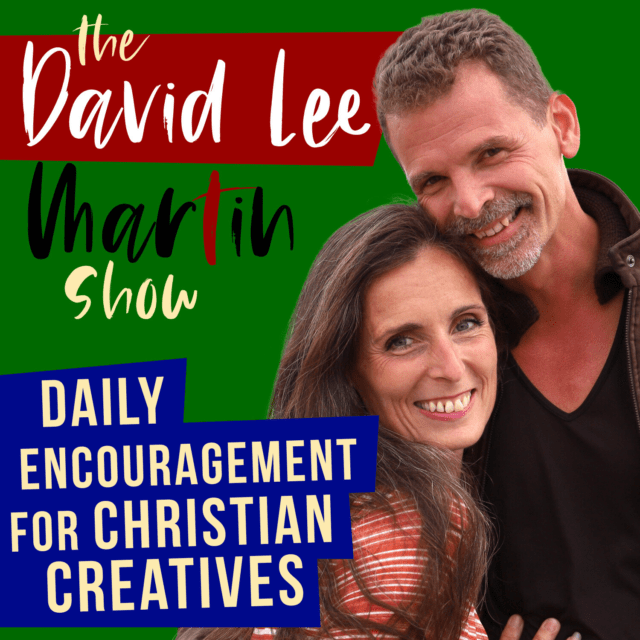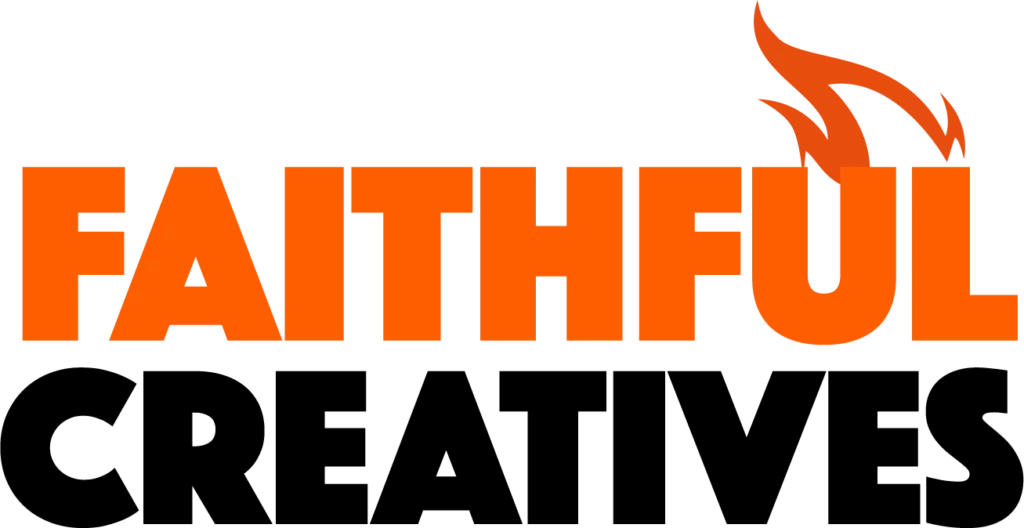A potato story.
The farmer went to his potato patch to sow.
Some seed was swallowed, some trodden underfoot, some strangled.
The seed that found its happy soil bore fruit, some 30, some 60, some a hundredfold.
How many potatoes the farmer harvested depended on which plot he plowed and populated. Some were significantly better than others.
So said the Master in Matthew 13.
So much can be said about this prime-cut parable.
I just want to point to one thing. Even the good ground yielded varied results.
If you knew that your efforts in one place bore more fruit than exactly the same effort expended elsewhere, what would you do?
https://davidleemartin.com/paretos-potatoes-a-surprising-recipe-for-success-in-any-area-of-life/
TRANSCRIPT
Please note: this transcript is auto-generated so forgive any (or many) errors 😲 – click the timestamps to play that section directly in the audio.
00:00:03.320]
I want to tell a story about a farmer today, it’s actually a story that Jesus told, but I will probably add a bit of my own flavour to it and probably get a bunch of stuff completely wrong about how farming works. In fact, I know I will because I’m not really a farmer, nor am I a fisher. You know, my fishing stories and my farming stories, my growing stories of things in the garden are nothing short of embarrassing.
00:00:39.950]
I mean, like seriously bad results. So maybe I’m not the best person to really share what I plan to share today. But in other areas, I have learnt to tend my garden well. In other areas I’ve learnt to grow a good crop. In other areas I’ve learnt to pull out some fairly warping fish. So. So I’ll just lean on that. I think Jesus told the story of a guy who went to succeed in a field. And I’m going to just say that is going out to plant a potato field.
00:01:18.950]
So he goes out to his potato patch to sow his potatoes. I can’t remember what they call. They’re like a special potato, aren’t they? That that, like other potatoes sprout from. So it’s not quite a bag of seeds. And he must have just had a really big bag with all of these kind of seedling potatoes in there. And the parable that Jesus told us about this, Soha tells us that some seed was swallowed, some was trodden under foot, some was strangled, but some seed found happy ground.
00:01:52.100]
So they found some happy soil and then yielded a crop. And then Jesus told us some 30, some 60, some 100 fold. And, you know, really the number of like let’s go back to our potato man. The number of potatoes that the farmer got for his efforts depended on the plot that he ploughed and populated, and some were significantly better than others. The results and the return on investment in one patch was a great deal more than the same effort and the same investment in another area.
00:02:33.170]
Same seed, same amount of work, same amount of ploughing, same amount of the same input. But the output was different even in the good soil. Thirty six hundred. And you know, there’s so much we can say about this. The actual parable, not the potato parable, but the real parable in the scriptures. But what I want to what I want to draw out today in the context of productivity is that even our best efforts are going to yield a different amount.
00:03:12.110]
You know, even if we are putting all of our efforts into good soil, even there, there’s going to be kind of a variation of the return that we get for the amount that we sew and the the activities that we engage in, the effort that we so the investments that we make in whatever area of life. Because this this applies to personal and professional and spiritual, of course. But they’re going to give a range of outcomes. Some will whether but with wisdom, we can scout the ground, focus on the good.
00:03:49.700]
And but even here are our return on investment is going to differ and set into the field, walks Perito. OK, the Italian economist. I don’t know if you’ve ever heard of Perito, the Italian economist, but he was a very good friend of the potato farmer, it seems. And so. Wilfredo Parata walks in and tells the farmer about this discovery that he came to when he was in the University of Lausanne and he noted that noted that approximately this was like way back in 1896.
00:04:32.810]
And he noted that approximately 80 percent of the land in Italy was owned by 20 percent of the population. OK, but this but this principle of 80-20 just went viral like 89 to 1896 style. And from it, we have now derived something that is largely known as the potato principle or the 80-20 rule. Some people call it the the the rule of the vital few or the principle of the vital few. And the project principle, as it’s now called, states that for many outcomes, roughly 80 percent of the consequences of the results come from 20 percent of the causes.
00:05:24.750]
Yeah, 20 percent of our efforts result or lead to 80 percent of our results. A few vital tasks are responsible for the majority of our wins. And so that leaves a whopping 80 percent of like trivial expenditure. That’s only giving us a very small yield like the 20 percent. And oftentimes it’s far, far less than that. Much of our effort is expended into things that are bearing kind of inconsequential results, whereas there are a few vital tasks that we engage in that give us the majority of the results that we actually enjoy and that we see.
00:06:13.490]
And and this rule really does work. It’s a it’s a key that we can utilise in our productivity and our business in in how we spend our time and our efforts, even within a family context. And if we can determine what the few vital activities are that give us the biggest yield, the 60s and the hundredfold type yields, you know, even thirtyfold is like a radical harvest. You know, even like the good ground is good ground full stop.
00:06:48.830]
But how how how about if we were able to lean right in to the top yield arenas and say these are the activities. These few vital things that I do each day are the very things that lead to the majority of the lifestyle results that I’m enjoying. And the key here is to determine what those few vital activities are, and really you only you can determine what they are in your life. And I really do want to stress as well as I was thinking about this, obviously I’m thinking from a business perspective, but a good yield is not always the number of potatoes that you have in your bag.
00:07:34.950]
Quality of life and a depth of love and laughter are as much a part of our harvest as anything that we can hold tangible in our hand. So we need to choose carefully how we so both time, money, effort, energy. A lot of people sewing like crazy into just one arena of their life and the other areas I’ve like, I’ve been laying fallow for decades, overgrown. We want to be we want to enjoy a holistic, prosperous life, wholeness, the fullness of life.
00:08:24.000]
And, you know, I can I can think of this very much if I take it as a business example, I can think of it from my publishing business. There are a number of different things, you know, in my publishing business. I could give my time and my attention to many, many, many different things. But ultimately, there are just a few vital things that actually lead to people purchasing books and me earning money from them and like stacking up some royalties.
00:08:52.800]
And I could be tweaking my website and I could be trawling social media. I could be doing all sorts of activities. But I really need to determine, is that the best place to expend my the the the lion’s share of my thought and my attention and my time? You know, we could you could spend like days and weeks tweaking your author website, say it’s the best looking website on the planet. But really, is it through your website that the traffic and the readers are coming to your books to read them, or are they going direct to Amazon?
00:09:29.970]
And would it be better to like look at what’s happening where the people are that you’re looking to try and reach and find ways to be more direct in how to reach them? And then, of course, I’m just talking from my business perspective. But the same is true for any business. There are certain activities and certain arenas that that are going to give a much bigger bang for your buck than if you kind of twiddle around on all of the peripheral things.
00:10:01.020]
We really do need, I think, in in life and in business, personal and professional, to find out, man, what is really working, what makes the difference, what really moves the needle. And and sometimes I think and then learn to focus the lion’s portion of our attention on the activities that are delivered, delivering the 80 percent of our results and slice those 20 percent yield activities right down to their their minimum. So we don’t get swallowed up in inconsequential bills and spend the bulk of our time doing things that aren’t actually getting us the kind of results that we’re looking for.
00:10:47.820]
And again, I’m talking like personal and professional sense. This is not just about your bottom line in your business. This is about your satisfaction and your fulfilment as a human being, your relationship with others, your relationship with God. What are the things that you can do within those contexts that really do kind of give you the biggest move and like get get get get that upward trend happening? And sometimes I think the simplest, most direct and obvious activities are the ones that give us the biggest bang for our buck.
00:11:27.630]
Like I say, complex complexity is like sometimes just gets you so tangled up that all of your energy is taken is taken up trying to maintain it or even figure it out, you know, some type of complexity and and things that are very complicated sometimes just bleed energy. Where can we simplify? So we come down to the things that really matter and then focus our attention and our efforts on really doing those things with all of our heart, mind, soul and strength, you know, and where we’re tangled up wrestling in the 20 percent result arena, you know, we need to be moving our attention and our efforts to to simplify those things or to even eliminate them.
00:12:28.260]
So the majority of our energies can be poured into 80 percent yield activities. And so I would just encourage you today to give some thought to what those activities, what those few vital. Activities are for you and you can apply them to different areas of your life, because what’s true in one arena may not be true in another. But definitely, certainly this idea of the 80-20 20 per cent of input results generally in 80 percent of the results is just such a great conversation to have, even if it’s just have that conversation with yourself and ask yourself, man, where is my energy, where is my time, where are my efforts and my income best spent?
00:13:29.470]
So I get the greatest reward from that expenditure. God bless you and have a great day. Well, thanks for listening, hopefully. It’s been an encouragement to you today, if you want to connect any further, you can do so through my website at Davidleemartin.com. Have a great day.



